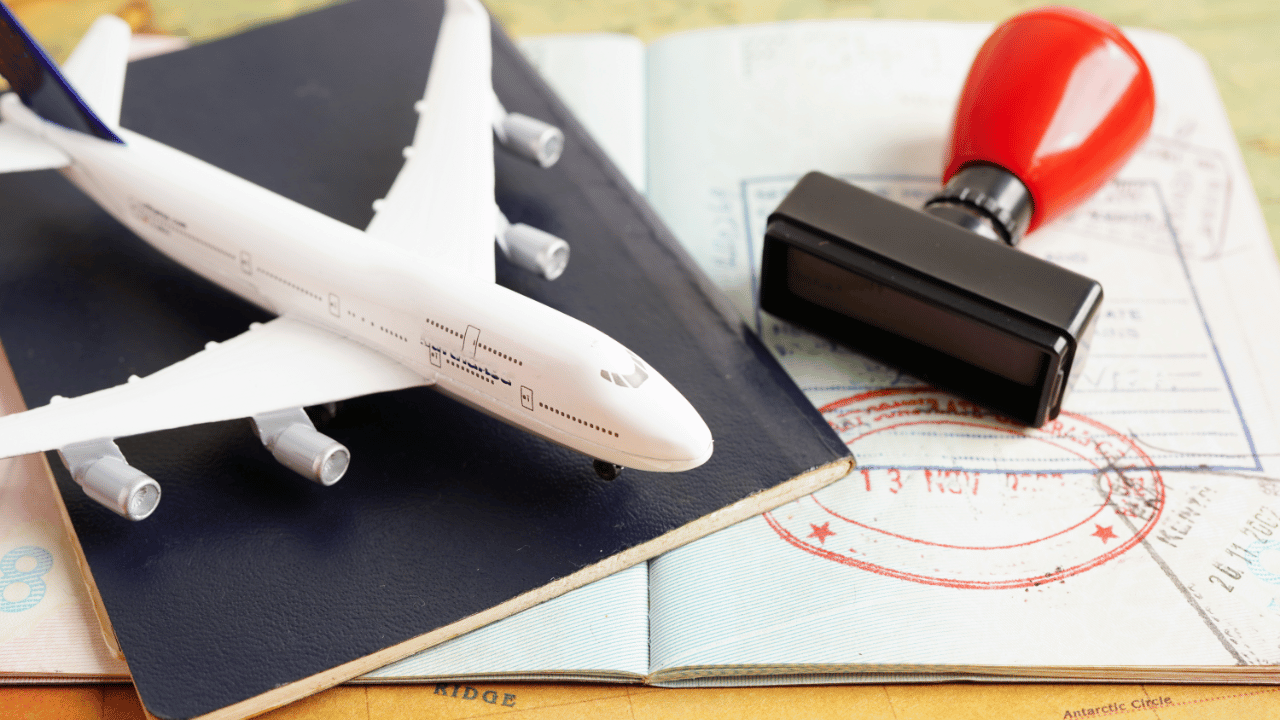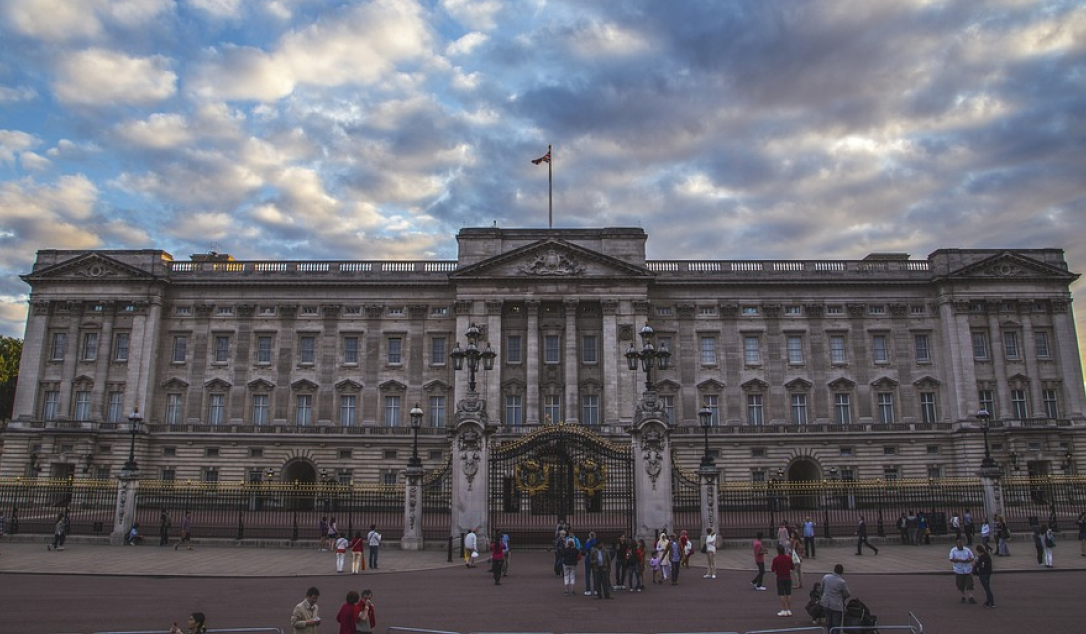The UK has been in lockdown for several weeks, some UK businesses have had to adapt, and some have had to shut down completely. Never has the UK seen such measures put in place, with many businesses wondering whether they will have a business at the end of this unprecedented situation.
As a result of COVID-19, UK Immigration has been affected significantly with some employees not knowing whether they will have a job and some individuals being stranded in the UK or overseas.
The Home Office introduced many temporary changes as a result of COVID-19, to assist visa holders and those businesses, holding a sponsor licence.
Currently, in the UK, businesses can only employ non-EU nationals, if they hold a sponsorship licence. This will change from 01 January 2021, as any UK business in the UK wanting to hire EU and non-EU citizens will need to apply for a Tier 2 sponsorship licence before then if it does not hold one already.
What is a right to work check and does it still apply?
UK employers must carry out right to work checks to ensure that they are compliant and that they do not employ illegal workers. Right to work checks would usually be carried out in person. However, as a result of COVID-19 right to work checks have been adjusted, in order to make it easier for employers to carry them out.
From 30 March 2020, the Home Office checks can be carried out over video calls. Job applicants and existing workers can send scanned documents or a photo of documents for checks using email or a mobile app, instead of sending their original documents.
Employers are advised to use the Home Office’s Employer Checking Service if a prospective or existing employee cannot provide any of the accepted documents.
They must continue to carry out checks and check the prescribed documents, as set out by the Home Office. It is an office to knowingly employ anyone who does not have the right to work in the UK. However, employers need to be cautious not to discriminate against those individuals who may not be able to show their right to work documents.
How can UK employers conduct a right to work check during COVID-19?
Employers should implement a process so that they are aware of how they will carry out right to work checks. Employers should:
- Ask the worker to provide a scanned copy or a photo of their original documents via email or mobile app
- Arrange a video call with the worker and ask them to hold up the original documents to the camera and check them against the digital copy of the documents
- Record the date the check was carried out and mark it as “adjusted check undertaken on [insert date] due to COVID-19”
If an individual is unable to show their documents the employer should contact the Home Office Employer Checking Service. The employer will be provided with a “Positive Verification Notice,” if the individual has the right to work. This would provide the employer with a statutory excuse for 6 months from the date in the notice.
After COVID-19 measures end, employers would be required to carry out retrospective checks on existing employees who:
- started working during these measures
- required a follow-up right to work check during these measures
The check should be marked: “the individual’s contract commenced on [insert date]. The prescribed right to work check was undertaken on [insert date] due to COVID-19.”
Employers will need to carry out the retrospective check within 8 weeks of the COVID-19 measures ending. Both checks should be kept on file.
If at the point of carrying out the retrospective check, an employer finds that their employee does not have permission to be in the UK, they must end their employment.
How are workers in the UK affected?
A number of individuals have been left in “limbo” as their leave expired or would expire before 31 May 2020.
If a migrant is in the UK and their leave expires between 24 January 2020 and 31 May 2020, their visa will be extended to 31 May 2020 if they cannot leave the UK because of travel restrictions or self-isolation related to coronavirus (COVID-19).
It is important that the migrant worker requests an extension by updating their records with the Home Office’s coronavirus immigration team if their visa is expiring and they cannot leave the UK but are not intending to stay in the UK in the long term.
However, if the migrant wants to apply to stay in the UK on a long term basis they can apply from the UK to switch to a long term UK visa until 31 May 2020, this includes those applications that would usually require migrants to apply from their home country. They will need to ensure that they meet the requirements of the route they are applying for, make the application online and pay the UK application fee.
Are Visa Centres Opened in the UK?
UK Visa and Citizenship Application Centres (UKVCAS) and Service and Support Centres (SSCs) are temporarily closed because of coronavirus (COVID-19). Appointments cannot be booked currently. However, individuals who already have an appointment booked will be contacted to be advised of the cancellation of their appointment.
Are Tier 1 Entrepreneurs affected?
If an individual is in the UK as a Tier 1 Entrepreneur, they do not need to employ at least 2 people for 12 consecutive months each. Tier 1 Entrepreneurs may decide to furlough staff if their business has been disrupted as a result of COVID-19. If this is the case and individuals have furloughed staff, the time when the employees were furloughed would not count towards the 12-month period.
However, if the individual does not employ staff for 12 months by the time their visa expires, they will be able to extend their stay to allow them time to meet the requirement and may submit an application after 31 May 2020, where the job the individual was relying on was due to the disruption caused by COVID-19.
Are Tier 5 and Tier 2 visa holders affected?
Some workers have already submitted their application to come to the UK for work, however, as a result of COVID-19 they have not received a decision or the decision on their application will be severely delayed. For those Tier 2 and 5 applicants who have submitted their application and are awaiting a decision they may start work before their visa application has been decided as long as their sponsor has assigned a Certificate of Sponsorship (CoS), they have submitted their application before the expiry of their existing visa and can show evidence of this to their sponsor and the job they start is the same as the one listed on the assigned CoS.
If the application is unsuccessful, the sponsor would need to stop sponsoring the individual.
Are workers, who are employed by NHS workers affected?
Visas of some NHS workers and their families will be automatically extended for another year if their visa is due to come to an expire before 01 October 2020, as a result of the coronavirus. There is no longer a limit on the number of hours that can be worked each week, whilst the UK battles with COVID 19, for NHS doctors, nurses or paramedics as long as, the individual is a:
- tier 4 student
- tier 2 worker and your NHS job is a second job
- visiting academic researcher
- holder of a short-term visa and are permitted to volunteer
Furthermore, the deadline for pre-registration nurses in the UK, to sit the Occupational Structured Clinical Examination (OSCE) has been extended to 31 December 2020.
How are individuals who are outside the UK, but who want to come to the UK been affected?
As all UK Visa Application Centres (VACs) are closed, individuals cannot attend appointments. If they already have appointments booked, they will be contacted to be informed of the cancellation of the appointment. Furthermore, English testing centres, have also been affected, therefore many individuals are unlikely to be able to book an English Language Test.
As a result of the worldwide restrictions, individuals who are in the UK may not be able to obtain their passports if they have submitted them. If individuals require their passports they must contact the visa application centre, where the application was lodged.
Are individuals who are applying for a start-up or innovator visa been affected?
Non-EU nationals can apply for a start-up or innovator visa in the UK if they wish to set up a business.
A start-up visa and innovator visa require that the applicant must be endorsed by an authorised body. However, as a result of COVID-19, if the endorsement from an endorsing body has expired due to the individual not being able to travel to the UK they may still be eligible for a visa and they should submit their application as planned. Applications will be considered on a case by case basis.
















